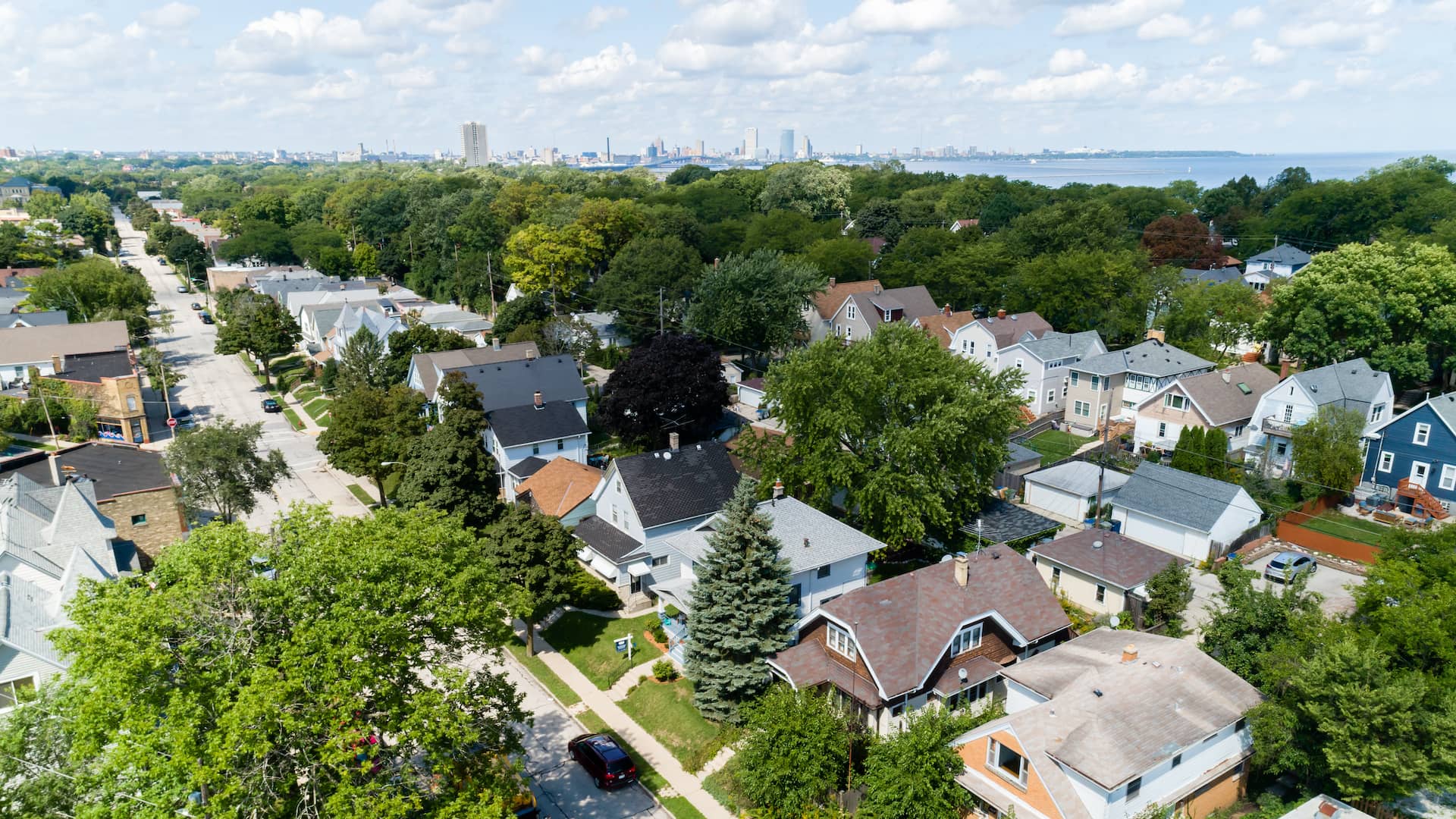-
4 Locations Across Wisconsin

Legal Solutions as Unique as Your Needs
Your legal challenges do not follow a script, so neither do we. Whether you are facing a family crisis, divorce, a business or real estate transaction or a criminal case, off-the-shelf advice isn't enough. You need a custom strategy that’s all about you.
At VHD Law, we see the whole picture. Our attorneys collaborate across practice areas to provide the exact support you need, whether that means aggressive litigation in court or careful negotiation at a settlement conference.
Get Your Custom Legal Strategy
OUR PRACTICE AREAS, PLEASE CLICK HERE FOR FURTHER INFORMATION
Many legal issues overlap. A business owner facing divorce needs an attorney who understands both assets and maintenance. We handle both.
Recognized On:









Family Law
Our team of family lawyers understands that your family’s needs are unique. For this reason, we provide personalized legal assistance that addresses your individual situation.

Real Estate
We help represent individuals and businesses when they need legal help with real estate transactions. This includes negotiations, documentation, finance issues, and closings.

Business Law
Our award-winning business lawyers have 40 years of experience serving the business community throughout Wisconsin. We can protect your business’ legal interests while offering innovative solutions that achieve your objectives.




